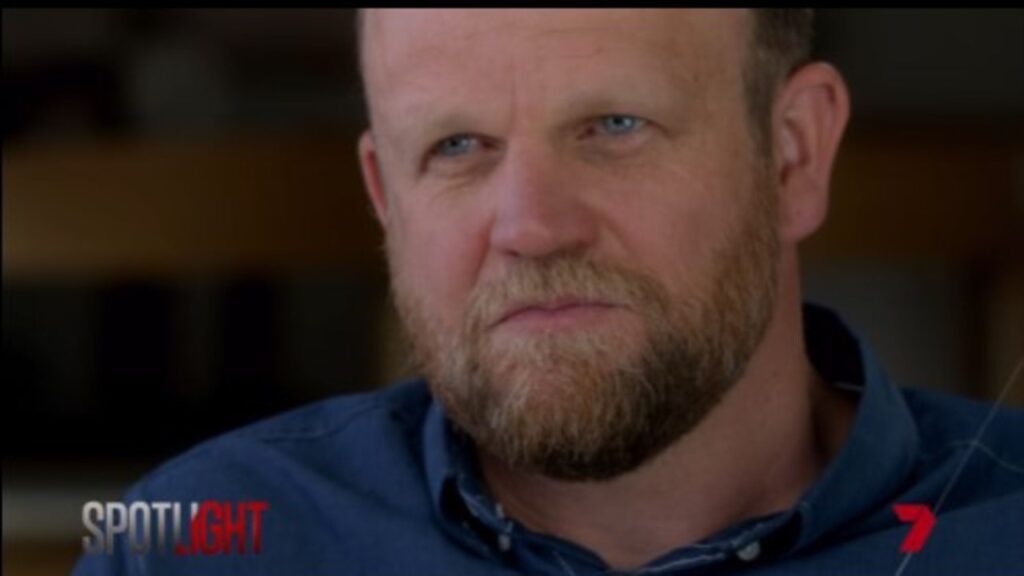MPs react to Julian Assange’s release
Written by admin on June 25, 2024
Julian Assange has walked free from prison after the WikiLeaks founder reached an agreement with the US Department of Justice, ending a years long legal saga that centred on the release of hundreds of thousands of classified State Department cables, a development that has been welcomed across the Australian parliament.
According to court documents filed on Monday, Mr Assange is expected to plead guilty to a single felony of conspiring to unlawfully obtain and disseminate classified information, a violation under the US Espionage Act.
The plea deal will spare him further time in prison in the UK where he was reportedly suffering health issues and living in solitary confinement.
Having left prison on Monday after he was granted bail by the UK High Court, Mr Assange then boarded a private jet at Stansted Airport joined by UK High Commissioner Stephen Smith and left the country en route to Bangkok.
The 52-year-old is expected to front a US Federal Court on Wednesday in Saipan, a self-governing US territory located in the western Pacific, about 2400km east of the Philippines.
After being sentenced to the 62 months he has already spent in prison, he is expected to return to Australia.
Prime Minister Anthony Albanese has previously raised Mr Assange’s case in talks with US president Joe Biden. Mr Albanese told parliament in February he hoped that a resolution to the case could be found.
In a short statement released on Tuesday morning, an Australian government spokesman confirmed Mr Assange’s legal proceedings scheduled in the US.
“The Australian government continues to provide consular assistance to Mr Assange,” the spokesman said.
“Prime Minister Albanese has been clear – Mr Assange’s case has dragged on for too long and there is nothing to be gained by his continued incarceration.”
Coalition frontbencher and Nationals MP Barnaby Joyce on Tuesday thanked those who had supported Mr Assange’s release, including members of a self-funded parliamentary delegation to lobby US Congress for his freedom.
“There were so many people who were part of this process, and what it showed was people from both sides of politics, for different reasons, arrived at the same place,” Mr Joyce said on Tuesday morning.
But Mr Joyce warned there were still further steps to be taken before Mr Assange’s freedom was assured.
“In a 1500m race, you don’t stop and start waving at the crowd with 2½ laps (to go). Wait to the end of the race and then the race is over,” he said.
Greens senator David Shoebridge also welcomed Mr Assange’s release and remarked that he was “looking forward to welcoming Julian back home”.
“Let’s be clear, Julian Assange should never have been charged with espionage in the first place or had to make this deal. (He) has spent years in jail for the crime of showing the world the horrors of the US war in Iraq and the complicity of governments like Australia and that is why he has been punished.”
With Mr Assange en route to Australia, a statement released by WikiLeaks thanked those who had lent their support to co-ordinated efforts to free him.
“This is the result of a global campaign that spanned grassroots organisers, press freedom campaigners, legislators and leaders from across the political spectrum, all the way to the United Nations,” a WikiLeaks statement read.
“This created the space for a long period of negotiations with the US Department of Justice, leading to a deal that has not yet been formally finalised.
“Julian’s freedom is our freedom.”
DOJ prosecutors have been negotiating with Mr Assange’s legal team since 2019, with the WikiLeaks founder’s desire to never set foot in the US again reportedly a sticking point in talks.
To enter a plea on felony charges, defendants are usually required to appear before a US court in person.
Mr Assange’s legal woes began in 2010 after WikiLeaks released thousands of classified US military documents and diplomatic cables that covered the country’s actions in Iraq and Afghanistan in the early 2000s that were obtained by US Army analyst Chelsea Manning.
Collaborating with media outlets, Mr Assange shot to international prominence and was celebrated as an advocate of radical government transparency among proponents of press freedom who argued he acted to reveal military wrongdoing.
But DOJ prosecutors, who argued the actions risked the country’s national security, subsequently charged Mr Assange over the leaks, alleging he had violated the Espionage Act, accusing him of conspiring with Ms Manning by assisting her to break into a Defence Department computer.
The documents released included the unredacted names of individuals who were placed at “grave and imminent risk”, including Iraqi informants, DOJ prosecutors claimed.
Lawyers for Mr Assange argued that he had merely distributed the classified documents rather than actively sought to obtain them, a protection afforded to journalists under the US First Amendment of free speech.
Mr Assange has spent more than a decade in an at times bizarre attempt to evade extradition to the US where he faced trial.
Initially pursues in 2010 by Swedish authorities who sought his arrest on rape allegations that he denied and were later dropped, Mr Assange initially co-operated with British police regarding the matter but later accused the charges of being a pretext for his extradition.
After exhausting his legal options, Mr Assange sought refuge in the Ecuadorean Embassy in London where he was unable to leave as he would face arrest by British police. There he conceived his two children with wife Stella Assange and hosted celebrities including Pamela Anderson and Lady Gaga.
But after seven years Mr Assange ultimately outstayed his welcome, angering embassy officials by skateboarding in the hallways, not cleaning up his cat’s mess and refusing to pay for internet use and laundry facilities.
He was subsequently arrested by British police and charged with breaching his bail conditions, leaving him imprisoned in the UK’s high security Belmarsh Prison for five years.
While a UK court initially ruled in favour of Mr Assange’s request not be extradited to the US, that ruling was successfully appealed by the DOJ.
Earlier this year, a London court granted Mr Assange a right to appeal the extradition order, further extending the long-running legal fight.







